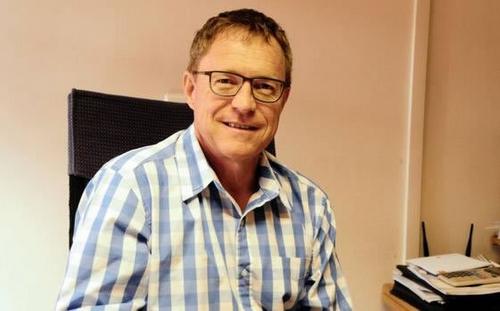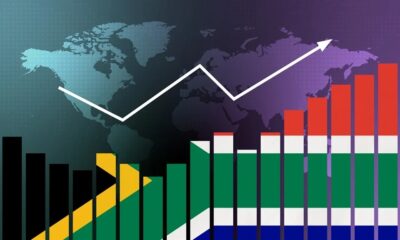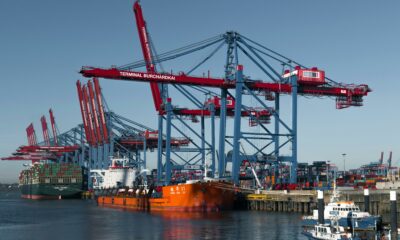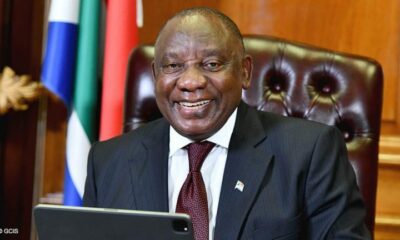Business
South Africa Risks Fiscal Meltdown, Warns Economist Dawie Roodt, as Budget Falls Short

South Africa could be heading into a serious fiscal crisis if it doesn’t change direction — fast. That’s the stark warning from Efficient Group’s chief economist Dawie Roodt in response to Finance Minister Enoch Godongwana’s latest budget speech, delivered on 21 May.
Roodt says the 2025 budget offers no meaningful course correction. Instead, it continues a trend of increased borrowing and spending, with little sign of economic growth strong enough to balance the books. The country’s debt-to-GDP ratio has now climbed to 77.4% — higher than previously forecast.
“This has become quite ridiculous,” said Roodt. “Each year, we’re told that debt will stabilise, and every year that promise gets postponed. At some point, that promise breaks.”
Why South Africa’s Debt Path Is Unsustainable
According to Roodt, there are two main reasons the fiscal outlook looks so bleak:
-
Excessive Government Spending:
“Despite claims of fiscal discipline, the numbers reveal an expansionary budget. We’re spending more, not less,” he said. The new budget reflects a real increase in state expenditure over the next three years, which may offer short-term stimulation but will deepen the fiscal hole in the long run. -
Weak Economic Growth:
Growth forecasts of 1.4% for 2025 are far too optimistic, says Roodt. “We’re likely to grow below 1%. That’s not enough to generate the revenue needed, and it puts even more pressure on debt.”
Without significant structural reforms and more disciplined fiscal management, Roodt believes South Africa will fall into a debt trap from which it may struggle to recover.
Other Economists Echo the Warning
Roodt isn’t alone in his concerns. Sanlam Investments’ chief economist, Arthur Kamp, also flagged the dangers in Treasury’s projections.
Kamp noted that while the government intends to cut spending and raise revenue to stabilise debt at 76.7% of GDP by 2027/28, the plan rests on assumptions that may not hold. “Sustained primary budget surpluses are historically rare,” he said.
In other words, even with the best intentions, South Africa’s economic fundamentals are too weak to guarantee that outcome.
Markets Find Some Relief in Political Unity
There was one silver lining: political unity. Analysts have said that, given the new Government of National Unity (GNU), political cooperation on the budget was more important than the numbers themselves.
The fact that the ANC and DA both backed the presentation sends a message to markets that the GNU is holding — at least for now.
DA MP for Finance, Mark Burke, offered “cautious support” for the budget, calling it a workable step forward. “We see this as a pathway to a national budget which we can support when it comes time to vote,” he said.
Even the ANC acknowledged the country’s financial constraints, while standing by the figures and promising fiscal consolidation.
KPMG’s Frank Blackmore summed it up: “The budget might be underwhelming, but at least there is one — that matters in a fragile political climate.”
Danger Ahead if Nothing Changes
Despite the relative calm from politicians, Roodt remains firm in his view that South Africa is heading into dangerous territory. “Without bold changes, we’re looking at a very serious crisis,” he warned.
The message from economists is clear: the time for promises and optimistic forecasts is over. What South Africa needs now is action — and fast.



























